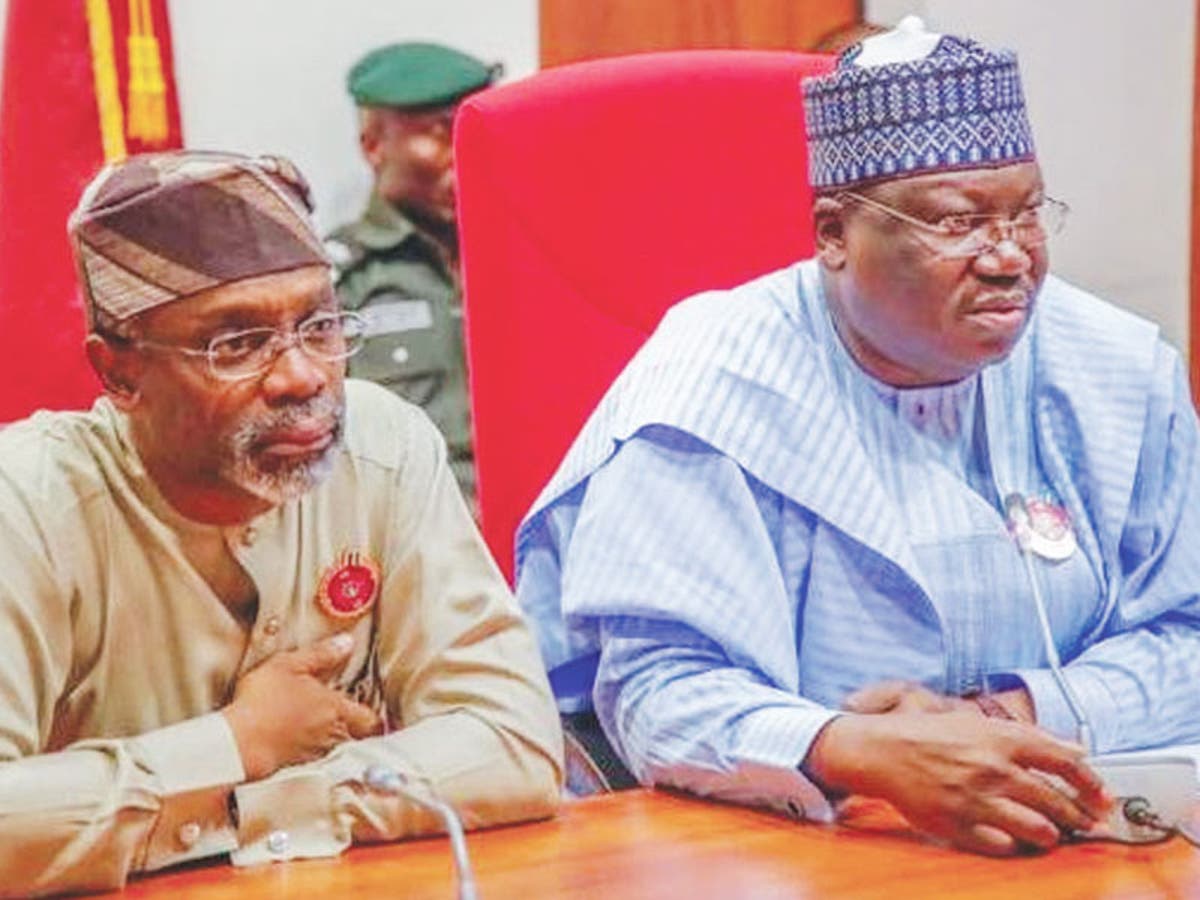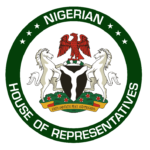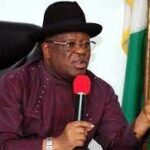Senators and House of Representatives members have emphasised the need to re-amend the Electoral Act 2022, saying the political party primaries conducted nationwide have exposed the deficiencies in the law.
Dozens of federal lawmakers failed to secure tickets to contest the 2023 elections. They blamed the development of the delegate system and its alleged manipulation by state governors.
APC group asks Tinubu to pick Niger gov as running mate
Oyo assembly threatens impeachment process against defected dep. gov
The law allows direct, indirect or consensus methods of nominating candidates for elections but many parties adopted the indirect or delegate system at the just-concluded primaries.
The fresh call for the re-amendment came while a reworked version of the electoral bill transmitted to President Muhammadu Buhari last month is still awaiting presidential assent.
The lawmakers had amended section 84(8) to allow statutory delegates to participate and vote in party conventions, congresses and meetings.
Senate President Ahmad Lawan had on Tuesday, in an address to welcome senators back from recess, promised that the upper chamber would continue to refine the electoral law to make it more effective.
“The electoral process might have thrown up certain issues that the National Assembly could also look at and address. This is because the electoral act itself, even though a good document, is not perfect. So, it needs some refinement from time to time to improve our electoral process,” he said.
Also, Senator Smart Adeyemi (APC, Kogi West) yesterday said there is more work to do on the electoral act than the latest amendment.
He said, “We have already started discussing the need to re-amend the act. The deficiencies and loopholes in the electoral law are too overwhelming especially with what the country witnessed during political party primaries.”
Senator Ike Ekweremadu (PDP, Enugu) also called for the amendment of the law to make direct primaries as the only mode of nominating candidates for election.
Ekweremadu said whereas several milestones were achieved in the Electoral Act 2022, the act could be better if the processes were not hijacked by narrow and political interests.
“My advice, therefore, is that we need to restrict political parties to direct primaries as the only mode of nominating candidates if we truly want to preserve and grow our democracy, and recruit leaders that will truly serve the collective interest,” he said.
Also, House of Representatives members have expressed concern that some of the defects contained in the electoral act may have far reaching consequences if not re-amended.
Speaking during yesterday’s plenary, the House Deputy Minority Leader, Toby Okechukwu (PDP, Enugu), said the Green Chamber must complete its task of providing an electoral act that would completely reform the electoral process.
“We should go ahead to make sure that the law is retooled and clear. And if it requires this parliament to take action to override what has not been signed, we should be willing to do so,” he said.
Another house member, Ben Ibakpa (PDP, Benue), said: “Nigerians are crying for good leadership, and the leadership recruitment programme starts with our primaries.
“We are to make laws and present them to Mr President, and where he does not sign, section 58 of the constitution gives us the powers to make sure that we pass that law without Mr President’s assent.”
After their submissions, the Speaker, Femi Gbajabiamila, reminded that though the 30 days window for the president’s assent had been exhausted, there are steps to follow in the process.
While commending the lawmakers for their observations, he advised Ibakpa to present a motion on notice to the parliament on the matter at a later date.
By Abdullateef Salau & Balarabe Alkassim

 Join Daily Trust WhatsApp Community For Quick Access To News and Happenings Around You.
Join Daily Trust WhatsApp Community For Quick Access To News and Happenings Around You.


